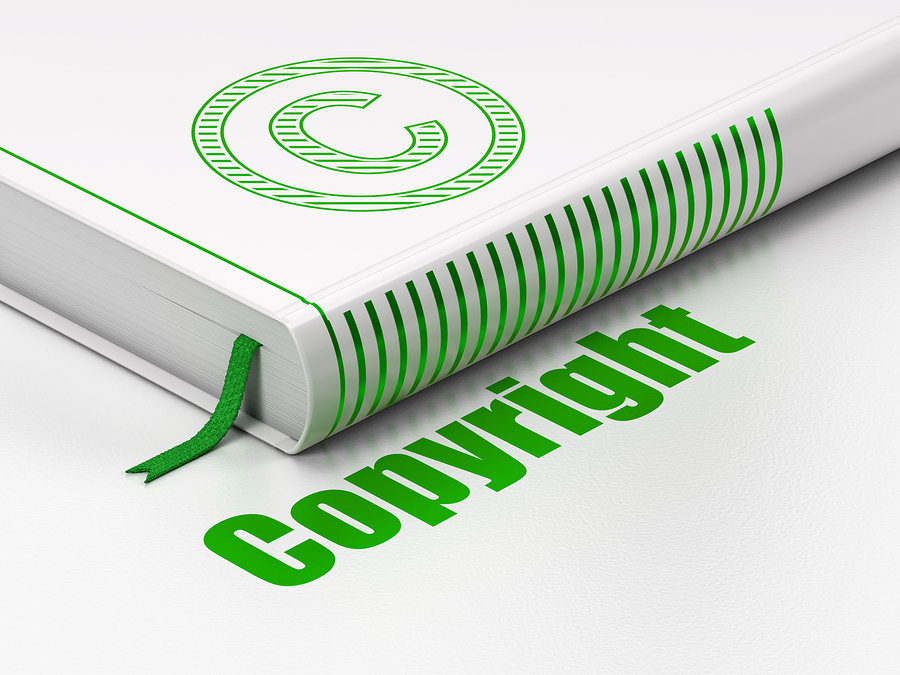Writers frequently ask about whether they need permission to quote from another book. The answer is usually yes. But if the book is in the public domain that permission is unnecessary (meaning it is free to use). I don’t want to tackle the issue of “Fair Use” today, but instead provide a few links that you can use to find out if a book is in the public domain, or not.
The rules are a little convoluted (see below). The easiest rule to remember is the year 1923 as the cut off. Anything published prior to that year is public domain. Anything after is not.
This cut off of 1923 received a fascinating challenge a couple years ago involving the estate of Arthur Conan Doyle, the author of the Sherlock Holmes stories.
Ten of the Sherlock Holmes stories were published after the cut off date (1923-1927). Those prior to 1923 are public domain. Those after are still under copyright and controlled by the estate. In 2015 Miramax released the film “Mr. Holmes” which depicted the aging retired detective solving a case. The estate claimed that the film’s story was based on stories written after 1923 that describe the later years of Holmes career. The case was settled out of court before the film was distributed in the U.S.
Cornell University has provided a very helpful chart to determine if an existing work is still covered by copyright (click here for the chart). In a nutshell, any book published during the years 1923-1963 is still under copyright, as are all books published after 1964 (although until 1989 they still had to have proper notice and registration). Books published before 1923, or before Jan. 1, 1964 and not renewed (in the 28th year after publication), are out of copyright and therefore in the public domain.
Use the form on the U.S. copyright web site. This form searches the U. S. copyright records database. The form only searches books, not music, etc. It is not a definitive/legal search. It is a first step. If you can’t find the work it doesn’t mean you are free to use it. Consider consulting the resources found on the CopyLaw web site found at this link. Be very careful, you don’t want to be sued or be accused of plagiarism. Below is a link to a twelve page booklet published by the copyright office, or consider hiring an intellectual property attorney to do the search:
How to Investigate the Copyright Status of a Work
In other words don’t just pick up a book off the shelf and decide you can reuse or republish it for free, just because you think it is an old book.
In my career I’ve seen multiple examples of an author wanting to write a story based on a famous character in a well-known story. Like telling the “rest of the story” of a character in Star Trek, or The Chronicles of Narnia, or Lord of the Rings. In each case it wasn’t fan-fiction, where the legal rules are a little murky. These were attempts to convince our agency to commercially represent a book that ultimately infringed on the intellectual property of another writer whose works are protected by copyright. The authors were creative to be sure. They were genuine in their love for the original, no question. But both innocent and unaware of the legal ramifications. However, without permission from the estate such a work cannot be published.
[A much shorter version of this post originally ran in June 2009.]


